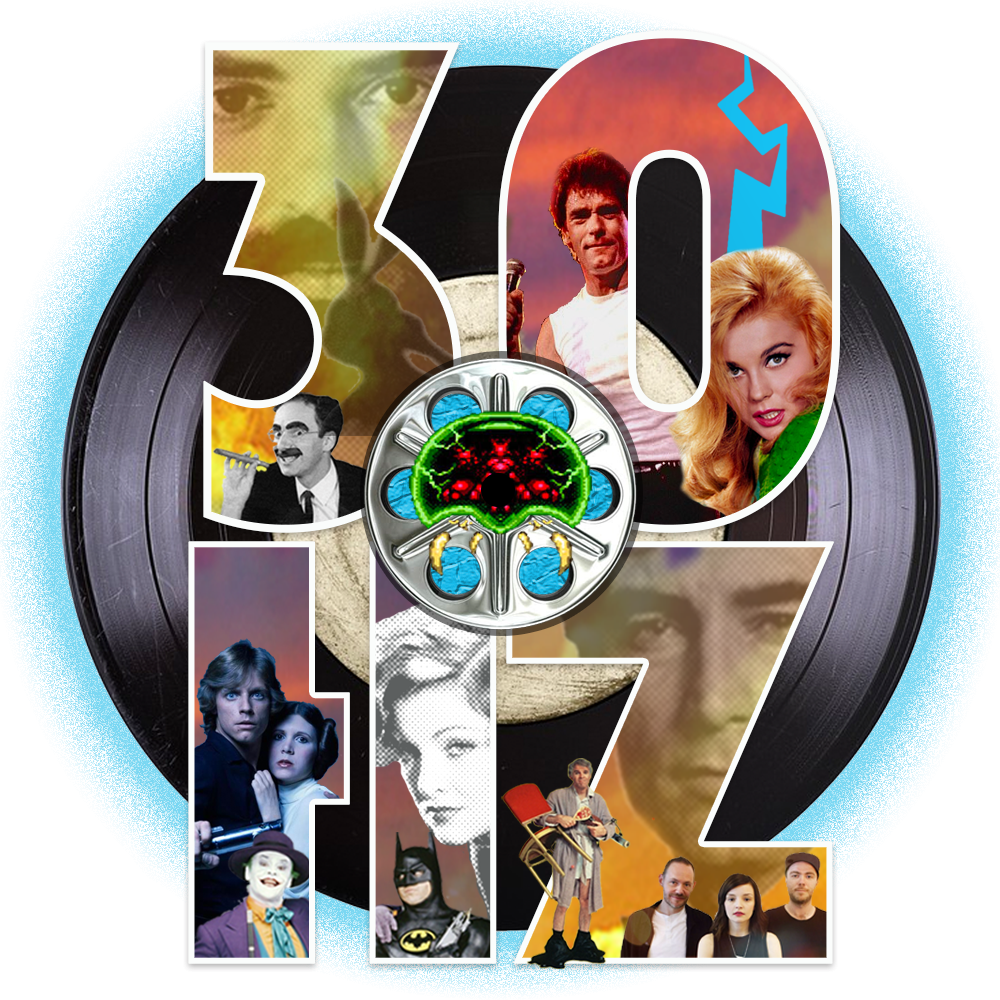Nine years old. I’m sitting on my bedroom floor—orange berber—with my buddy Josh, listening to Michael Jackson’s Bad on cassette and plowing through packages of Smarties like Dr. Pepper, which was consumed in greater quantities than water. (Don’t tell our moms, as this variety of overconsumption wasn’t specifically condoned.)
But back to being an innocent nine-year old, back to Michael Jackson’s Bad. Back to the whirring sprockets inside my boombox and “The Way You Make Me Feel.” Josh and I debated who the “You” might have been in the title of the song. And what exactly was the “Way” they were making him feel? We came to the conclusion it was about everyone ignoring him because he was black. We were nine.
We knew of racism and something or other about the Civil War from our Social Studies book. The actual content of the lyrics proved irrelevant. Or that if there was anything Michael Jackson didn’t have to worry about it was being ignored. We were fledgling intellectuals hyped up on sucrose. This made complete sense.
“But if he’s black, why is he so white?” Josh asked.
I pondered. “I’ve got to think it had something to do with all the cocaine.”
By then I’d watched at least four movies containing drug smuggling, use or sale. Beverly Hills Cop, Lethal Weapon, a couple of Cheech and Chong movies and, most recently, the last half of Scarface (which I’d caught on HBO late one night when I was supposed to have been in bed). I felt like I knew as much or more about cocaine than anyone in the third grade. Per our D.A.R.E. presentation in school, I knew that drugs did bad things. So when I suggested Michael Jackson’s skin color had something to do with cocaine (his increasingly pale skin color, thus being the “bad thing” that drugs did), I think Josh believed me, even though my evidence, if you could call it that, was circumstantial at best and inadvertently racist at worst. That we lived in a rural farm community in southwest Michigan should explain some of our unfamiliarity with minorities of any color.
‘How do you think it’s made?” he asked, shortly after our epiphany and halfway through “Liberian Girl,” the absolute, inarguable, worst track on Bad. If you were to argue in favor of “Dirty Diana” you’d have been wrong. “Liberian Girl” was the last track a nine-year old wants to hear. Slow and falsetto. “Diana” had guitar, thus better. We would have scrubbed forward through the song had we not become preoccupied with cocaine.
Though I’d become a self-appointed expert on cocaine through a broader movie-watching regimen than my peers, I had no knowledge about its manufacture. I could recreate its airborne properties as propelled by rampant gunfire, calculate its worth by weight in precious metals, explain how you tested by taste—dip your pinky in the powder (“like Fun Dip,” I said), or how it was consumed. Scrape the powder into a line, ideally on a mirror, and snort the line. Simple.
Instead of dwelling on what I didn’t know, I got proactive. I took two of those circular, concave Smarties, one in each hand, and rubbed them together over a Rolling Stone magazine with Motley Crüe on the cover and, curiously, the promise of articles about Elvis and Whitney Houston in the header over the Crüe’s puffed and coiffed locks. I dove into this chore, so much so that now I imagine a focused overbite as I ground those candies into a fine powder all over Nikki Sixx, Vince Neil and Tommy Lee. With the edge of Michael Jackson’s cassette tape case, I corralled the powder into parallel lines. I reclined and admired my uniformity. Looking back I do not know what compelled me to sample the powder. I knew, clearly, that I had not in fact created cocaine by rubbing candy together, nor did I actually want to try cocaine. While I watched the powder collect on the magazine like an early fall snow, I had no intent of leaning over, pressing my nose into the lines and inhaling.
But that’s exactly what I did.
The pain proved palpable, but fleeting. Was there a rush? Perhaps, but the effects were immaterial over the amount of sugar we’d already consumed. I dubbed it Smartiecaine and urged Josh to take a hit.
At first he resisted. I shuddered—the sting had not entirely dissipated—and swiped at the remaining powder on my nose. Like any impressionable friend worth his weight in adventure, Josh eventually leaned forward and inhaled the second line, just as I’d done a moment before. The kid jumped off the roof of his garage earlier that week because his brother told him to; I knew he’d have a go.
“Just Good Friends” had almost gone unnoticed while we sampled our uncut, 100% pure Smarticaine. The outro bled into white noise and the capstan, passing the plastic polymer coated with ferric oxide across two electromagnets, ceased rotation. The boombox clicked, popping the play button back up to its resting position.
Josh exhaled.
“Are we going to be whiter than we already are now?” he asked through a fit of coughing.
“Nah,” I said. “I don’t think that’s possible.” He looked at me. I looked back. “That only happens to black people when they do cocaine.”
“Are we high?” he asked.
“I doubt it,” I said.
“So you think Michael Jackson does cocaine for real?”
“Do you have another explanation?” I asked. He didn’t, so, again, we stuck with that.
We walked down the hallway to the bathroom. I removed my stool from beneath the sink, and we stepped up to see our reflections in the mirror. Our virgin noses, now laced with the damning powder, looked dull, a little cloudy—paler perhaps in the fluorescent light. We liked the way we looked. We looked like we knew something about the world.






